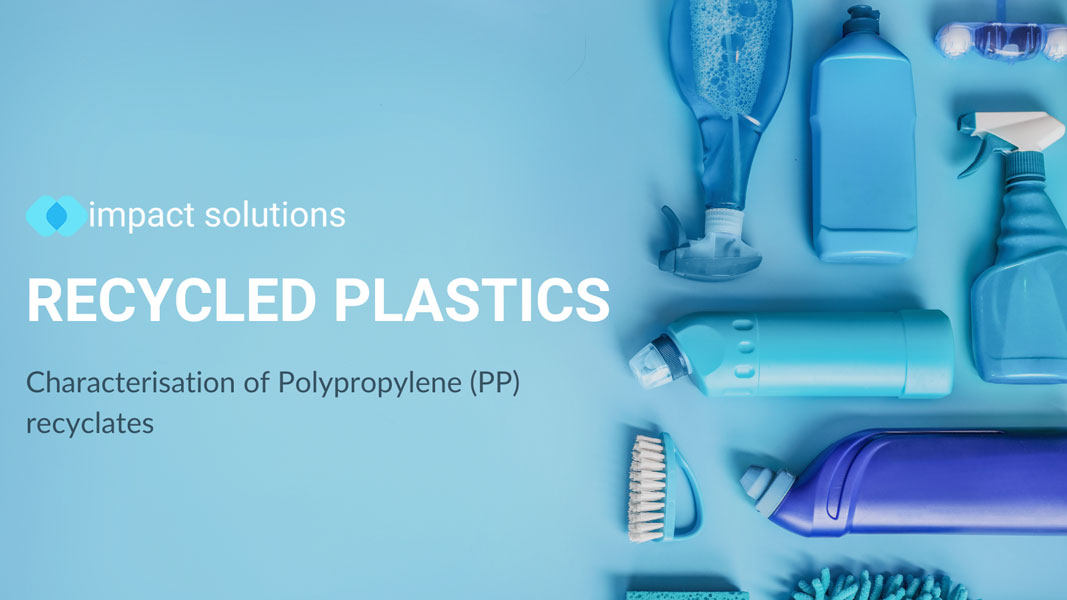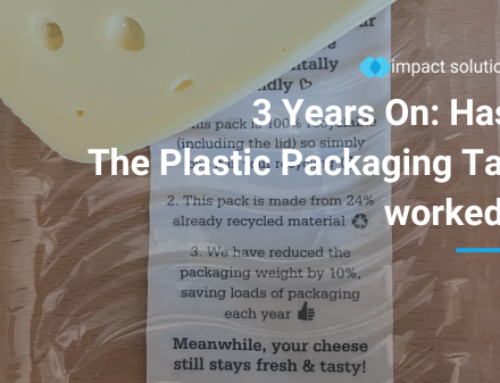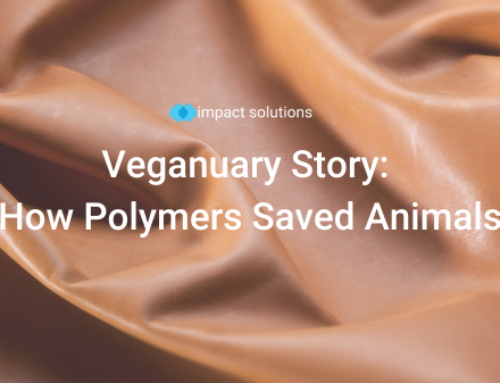Polypropylene (PP) is a widely used plastic, ranging from packaging to toys. Yet, even though it is highly recyclable, it is one of the least recycled post-consumer plastics.
This has resulted in the majority of PP ending up in landfills, typically taking years and years to completely decompose. This can cause detrimental harm to our ecosystem, particularly as various additives within the material can seep into the soil, potentially contaminating the surrounding environment. Therefore, recycling PP is our best available option.
How to ensure the quality of recycled plastics
There is a significant opportunity for businesses to use recyclate PP in their products or packaging. However, it is important to ensure that the product you are producing maintains its original quality. Therefore, when adding recycled content to your packaging, testing is required to identify its performance. This is where characterisation takes place. Characterisation is a method in which a product or packaging can maintain its functional properties as well as ensure it is safe for consumer use.
European standard BS EN 15345 lays out test methods and characteristics for PP recyclate that will be used in either semi-finished or finished products.
How do recyclers characterise recycled PP to BS EN 15345?
PP will be characterised by different batches. The required characteristics are:
- Colour
- Density
- Impact Strength
- Melt Flow Rate
- Shape
The optional characteristics are available for customer specifications. Due to varying applications of PP, the following characteristics enable businesses to gain a deeper insight into their material:
- Ash Content
- Bulk Density
- Extraneous Polymers
- Flexural Properties
- Filtration Level
- Recycled Content
- Tensile Strength at Yield
- Tensile Strain at Break
- Volatile Content
What can we do to help?
With our significant experience in material testing, we can ensure your materials will meet the specifications of the European standard BS EN 15345. As a result, you will not only have high-quality material, but you will also be able to enhance your recyclability efforts, ensuring you can meet consumer demand.
For more information regarding our material testing, speak to one of our experts or to keep up-to-date with our testing, sign up for our newsletter.
Read on about plastic characterisation in our other blogs:





